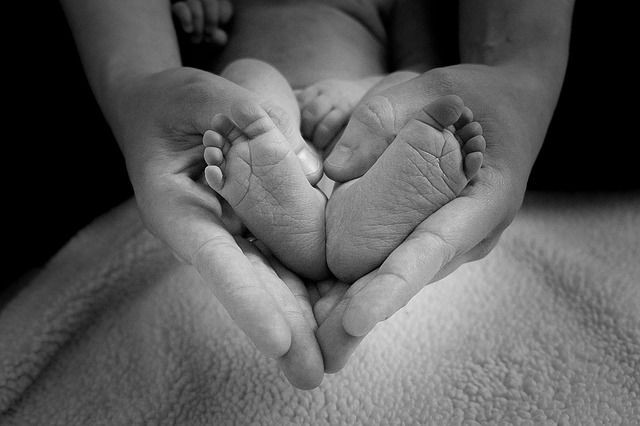Older Mothers May Have More Intelligent Children: Historic Shift Linked To Benefit Of Stronger Finances, Health Habits

Older mothers can sometimes feel pressured by news about how their age may adversely affect both their chances of conceiving, and the ease of their pregnancy. However, a new study has some good news for older moms: Chances are you’ll have really smart children. This conclusion is based more on both the economic stability and healthy habits of older moms, rather than their age itself. Still, it shows that starting a family later in life isn’t such a bad idea.
According to the new research from the London School of Economics (LSE) and the Max Planck Institute for Demographic Research, children born in 2001 to older mothers tend to have higher cognitive abilities than children born to older mothers in the past. The researchers believe that this isn’t the result of kids getting smarter, but rather a result of changing characteristics of older mothers.
Read: Oldest Children Are Likely To Be More Intelligent Than Younger Siblings; Here’s Why
For example, in the past children born to older mothers were more likely to be the fourth or fifth child, and therefore unable to get as the resources and attention available for firstborn children. Today, however, children born of older mothers are more likely to be the first, if not only child. In addition, older mothers are more likely to have a better education and better job than women of the past, which also helps add to their children’s intelligence. Lastly, the researchers concluded that older mothers were less likely than younger mothers to smoke during pregnancy, which also affect the children’s overall condition.
For the study, the team looked at intelligence at age 10 of children born in 2001 and compared this to same-age children born in 1958 and 1970. Although, in the past, children born to mothers aged 25-29 were more likely to perform better in cognitive tests than those born to older mothers, new research suggests the tables have since turned.
"Our research is the first to look at how the cognitive abilities of children born to older mothers have changed over time and what might be responsible for this shift," said the paper's lead author, Dr Alice Goisis, The Independent reported. "It’s essential to better understand how these children are doing given that, since the 1980s, there has been a significant increase in the average age of women having their first child in industrialised countries."
Parental attention is an important predictor of a child’s intelligence, and it’s not just children of older mothers that reap this benefit. Research shows that first-born children have a small intelligence advantage over their younger siblings because of the time alone they had with their parents. Although scientists believe that most parents give all their children equal emotional attention, creative attention starts to waver when more children are added to the picture. This creative attention, such as playing arts and crafts and reading with children, helps to stimulate them cognitively and can help them to reach their intellectual peak. However, the researchers noted that this difference in intelligence is minimal.
Source: Goisis A, Schneider DC, Myrskyla M. The reversing association between advanced maternal age and child cognitive ability: evidence from three UK birth cohorts. International Journal of Epidemiology . 2017
See Also:
For Kids With Older Moms, Social And Environmental Factors Outweigh Biological Ones
At Both Extremes, Younger And Older Mothers Experience More Pregnancy Complications



























